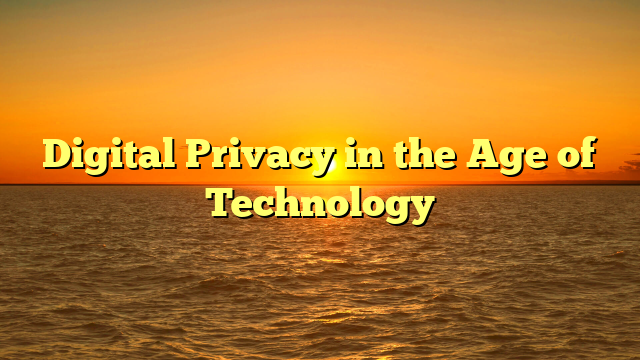
Digital Privacy in the Age of Technology
The digital age has brought extraordinary convenience and connectivity, but it has also created new risks to personal privacy. With every online purchase, social media post, or GPS location check, people leave behind digital footprints. These trails are collected, analyzed, and indo168 often monetized by corporations and governments, raising critical questions about how much control individuals have over their own data.
One of the most concerning issues is the amount of data companies collect. From browsing habits to biometric information, businesses gather vast amounts of personal details to personalize ads and improve services. While this can enhance user experience, it also creates risks of misuse. Data breaches, for instance, have exposed millions of people’s sensitive information to cybercriminals, leading to identity theft and financial fraud.
Social media has magnified these concerns. Platforms encourage users to share personal content, but few realize the extent to which this data is tracked and sold. Algorithms determine what people see, subtly shaping opinions and behaviors. The 2018 Cambridge Analytica scandal highlighted how personal data could be exploited for political manipulation, raising alarm about the influence of tech companies on democracy itself.
Governments also play a role in data collection. Surveillance programs track phone records, online communications, and location data in the name of national security. While some argue this ensures safety, others warn it erodes civil liberties. Striking a balance between security and privacy remains one of the greatest challenges of the digital era.
Protecting digital privacy requires both personal responsibility and systemic reforms. On an individual level, people can use strong passwords, encryption tools, and privacy-focused browsers to safeguard their data. On a larger scale, governments must implement regulations that hold companies accountable. The European Union’s General Data Protection Regulation (GDPR) is a leading example, granting citizens more control over their information and setting strict rules for businesses.
Technology itself can also provide solutions. Blockchain systems, for example, promise more secure ways to store and share data. Similarly, advances in cybersecurity tools are helping detect and prevent threats before they cause harm.
In conclusion, digital privacy is one of the defining issues of modern life. While technology offers convenience and connection, it also exposes individuals to risks. The challenge lies in finding a balance where innovation can thrive without sacrificing fundamental rights to privacy and freedom.



